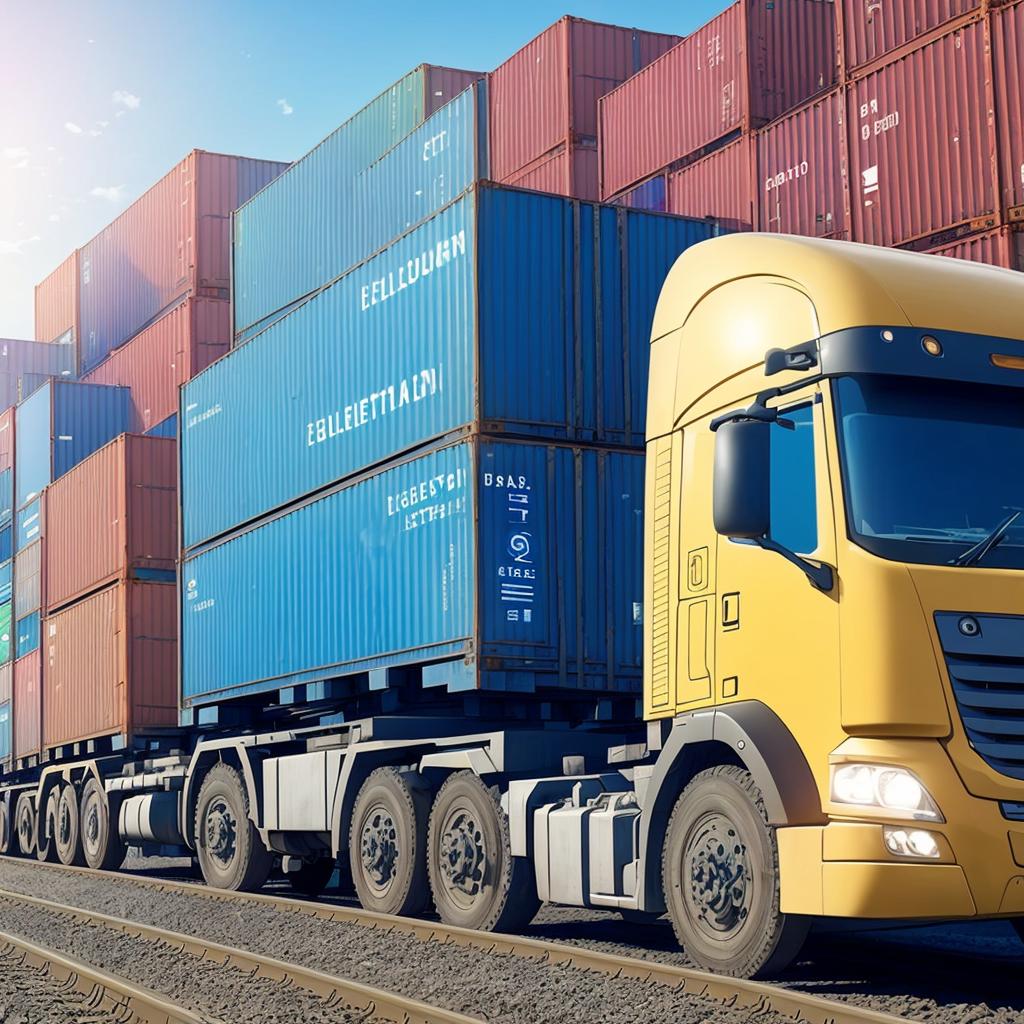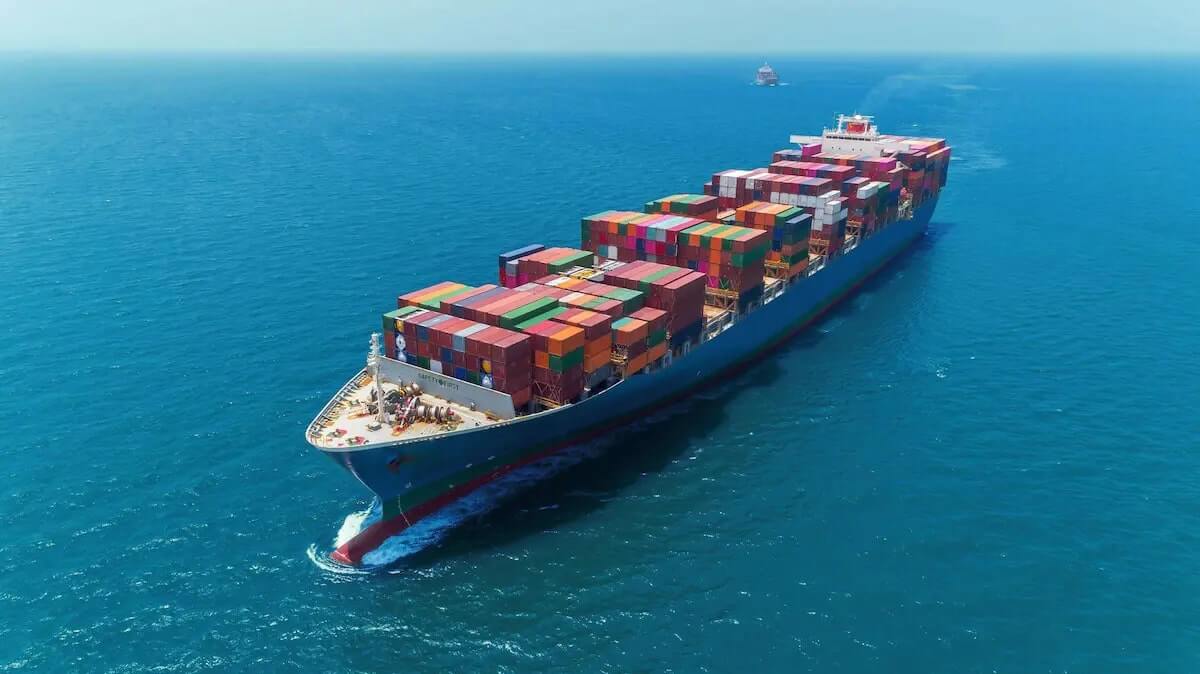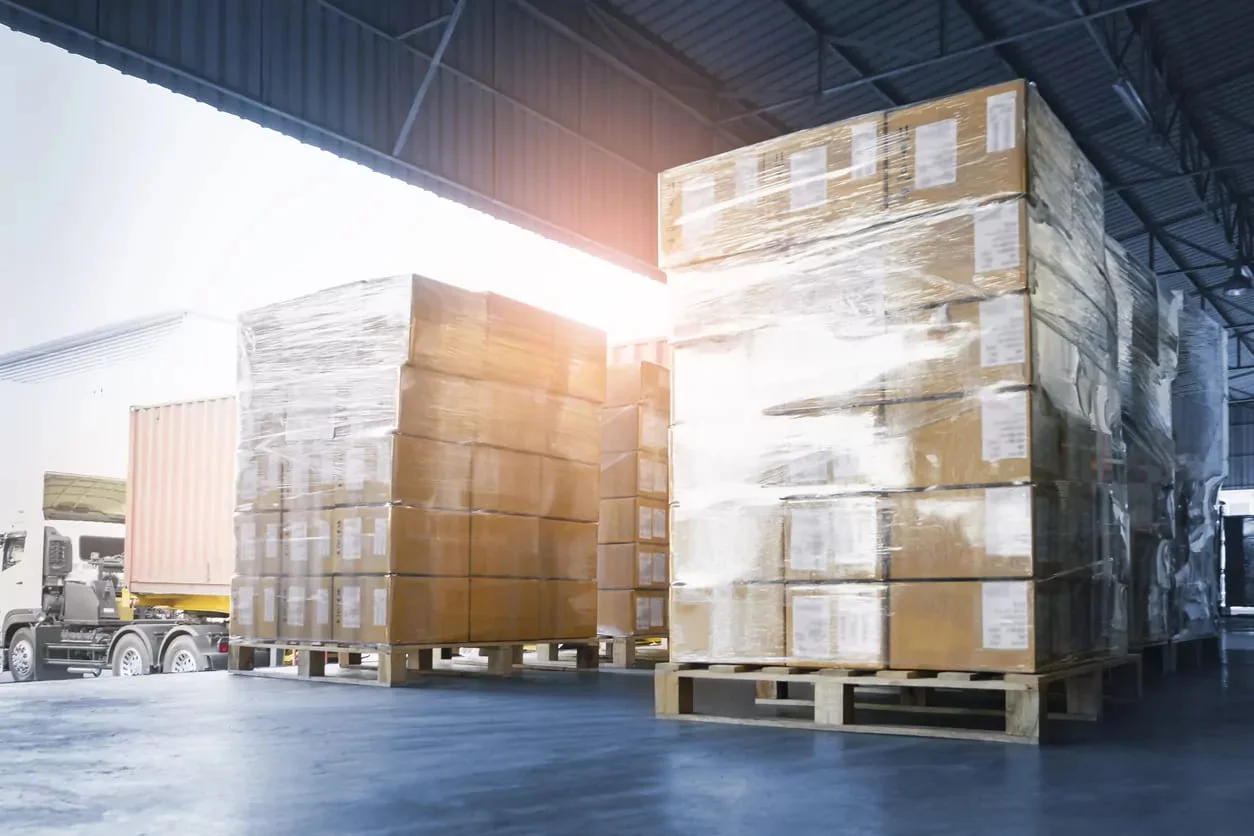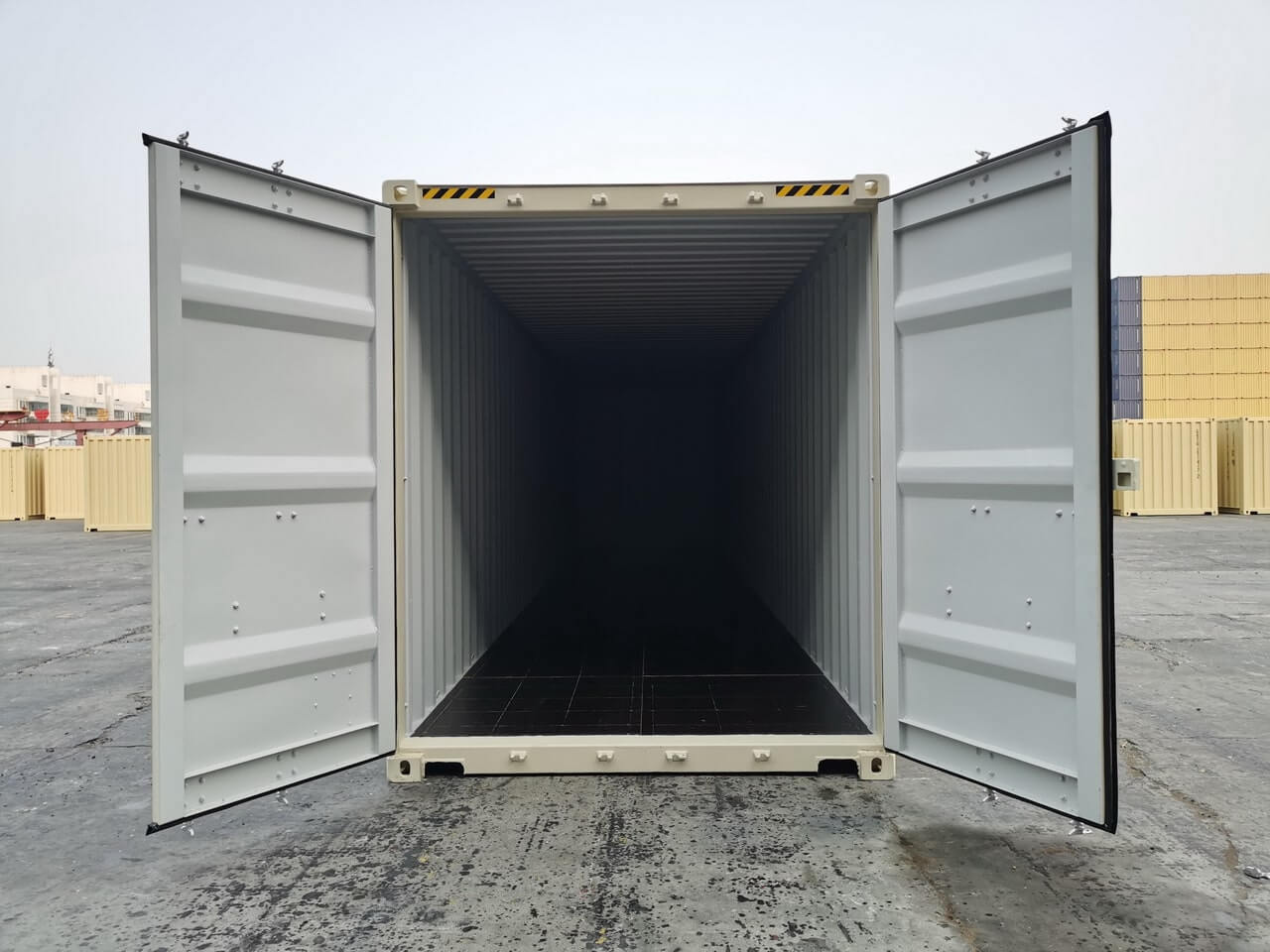
In today’s globalized economy, the logistics and supply chain industries are critical for moving goods across continents efficiently. However, these industries face numerous challenges, including complex processes, inefficiencies, and a lack of transparency. Blockchain technology has emerged as a potential solution to these problems, offering significant benefits to logistics and supply chain management. This article explores how blockchain is transforming the logistics industry, the key benefits, and examples of successful blockchain implementations.
What is Blockchain?
Blockchain is a decentralized, digital ledger that records transactions across multiple computers in such a way that the data is secure, transparent, and immutable. This technology, initially created for Bitcoin, has expanded into various industries due to its potential for enhancing trust and transparency in business processes.
In logistics and supply chain management, blockchain ensures that every transaction and data point is recorded in a secure and verifiable way. The decentralized nature of blockchain means that no single entity controls the data, increasing security and reducing the risk of fraud.
Key Benefits of Blockchain in Logistics and Supply Chain
- Enhanced Transparency and Traceability One of the most significant advantages of blockchain in logistics is its ability to provide real-time transparency and traceability of products. Each item in the supply chain can be tracked from its origin to its final destination. Every transaction, including the transfer of ownership, storage conditions, and timestamps, is recorded on the blockchain, creating a clear audit trail.
For example, food companies can trace the origin of their products, ensuring food safety and reducing the risk of contamination. This level of transparency also helps companies comply with regulatory requirements and avoid counterfeit products.
- Improved Efficiency and Reduced Costs The logistics industry often involves a large number of intermediaries, such as manufacturers, suppliers, distributors, and retailers. Each of these parties typically maintains their own records, leading to inefficiencies, delays, and costly manual processes. Blockchain eliminates the need for these intermediaries by creating a single, shared ledger that all parties can access and update in real-time.
Smart contracts, a feature of blockchain, further streamline operations. These are self-executing contracts with the terms of the agreement directly written into code. For instance, payments can be automatically released when a shipment reaches its destination, reducing delays and eliminating the need for manual approval processes.
- Increased Security and Fraud Prevention Traditional supply chains are vulnerable to fraud, tampering, and data breaches, particularly when relying on centralized systems. Blockchain’s decentralized nature enhances security by making it difficult for any one party to alter the data without the consensus of the entire network.
Additionally, each transaction is encrypted and linked to the previous one, forming a secure chain of data. This immutability ensures that once data is recorded, it cannot be changed or deleted, providing a higher level of trust and accountability across the supply chain.
- Better Collaboration and Data Sharing Collaboration is essential in the logistics industry, where multiple stakeholders need to share information. However, trust issues and disparate systems often hinder this collaboration. Blockchain enables more secure and efficient data sharing, as all parties can access a single source of truth without relying on intermediaries.
For example, logistics companies can use blockchain to share real-time information about shipments, customs clearance, and delivery schedules, improving coordination and reducing delays. Moreover, blockchain can integrate with Internet of Things (IoT) devices, providing real-time data on the condition and location of shipments.
Use Cases of Blockchain in Logistics
- Maersk and IBM’s TradeLens One of the most prominent blockchain initiatives in the logistics industry is TradeLens, a collaboration between Maersk and IBM. TradeLens is a blockchain platform designed to digitize global shipping and improve the transparency and security of supply chain processes.
By leveraging blockchain technology, TradeLens allows all participants in the supply chain, including shippers, carriers, and customs authorities, to share real-time data securely. This system reduces documentation errors, speeds up customs clearance, and enhances visibility across the supply chain, leading to faster and more efficient shipping.
- Walmart’s Food Traceability Walmart has implemented blockchain technology to improve the traceability of food products in its supply chain. In collaboration with IBM, Walmart developed a system that allows it to trace the origin of food products in seconds rather than days. This capability is particularly important for food safety, as it enables Walmart to quickly identify and remove contaminated products from shelves, protecting consumers and minimizing losses.
- De Beers’ Diamond Tracking Blockchain technology is also being used to track the provenance of diamonds. De Beers, a global diamond company, has implemented blockchain to ensure that its diamonds are conflict-free and ethically sourced. Each diamond is recorded on the blockchain, providing buyers with a transparent history of the stone’s journey from mine to market. This use of blockchain increases consumer trust and helps combat the sale of counterfeit diamonds.
Challenges of Blockchain Adoption in Logistics
While blockchain offers many benefits to the logistics and supply chain industry, there are also challenges to widespread adoption.
- Scalability As blockchain records every transaction in a decentralized manner, the size of the ledger can grow exponentially, making it difficult to scale for large supply chains. This can lead to slower transaction times and higher energy consumption.
- Integration with Existing Systems Many logistics companies rely on legacy systems, and integrating blockchain with these systems can be complex and costly. A lack of standardization across the industry also makes it difficult to create a universal blockchain solution.
- Regulatory Uncertainty Blockchain operates in a relatively new and evolving regulatory environment. There are still many questions surrounding the legal implications of blockchain transactions, particularly in terms of liability and jurisdiction. This uncertainty can slow down the adoption of blockchain in logistics.
The Future of Blockchain in Logistics and Supply Chain
Despite the challenges, the future of blockchain in logistics looks promising. As technology matures and more companies experiment with blockchain solutions, we can expect to see increased adoption across the industry. Blockchain’s potential to improve transparency, efficiency, and security makes it an ideal solution for the complex, globalized nature of supply chains.
With advancements in blockchain scalability and regulatory clarity, it is likely that blockchain will become a standard technology in logistics and supply chain management in the coming years.
Conclusion
Blockchain is revolutionizing the logistics and supply chain industry by providing transparency, improving efficiency, and enhancing security. While challenges remain, the benefits of blockchain are too significant to ignore. Companies that adopt blockchain early will gain a competitive advantage in an increasingly digital and globalized marketplace, where trust, speed, and collaboration are paramount. As the technology continues to evolve, blockchain is poised to become an integral part of the future of logistics.



